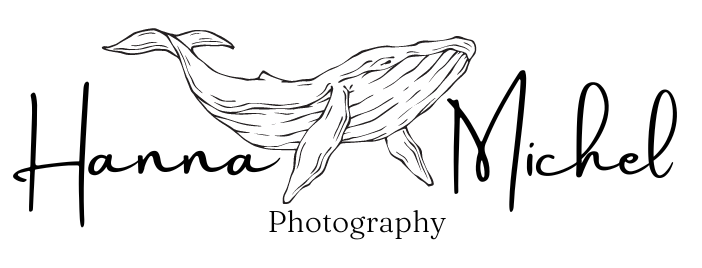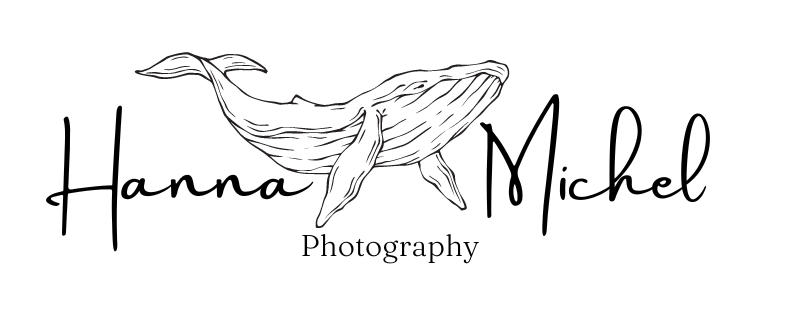Antarktis-Vortrag in Mettingen im Oktober // Upcoming lecture about Antarctica in my home town
Am 19.10. um 18 Uhr seid ihr herzlich zu meinem Vortrag über die Antarktis und ihre Tierwelt und mehr bei Draiflessen in Mettingen eingeladen. Mehr Infos gibts hier.

